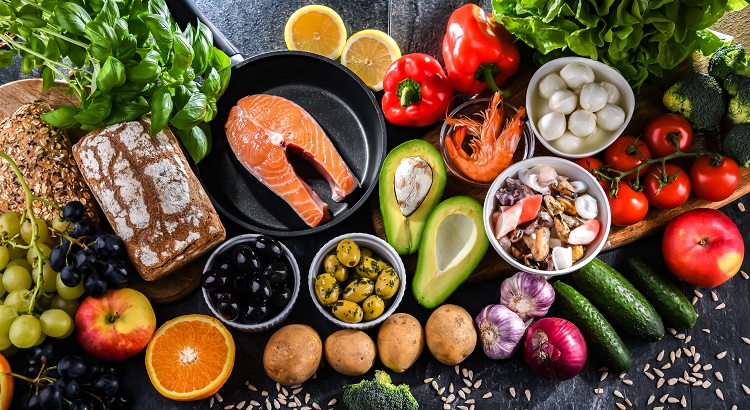
The Mediterranean diet aims to follow the traditional eating patterns common in countries around the Mediterranean. Long associated with good health, the diet is high in vegetables, fruits, legumes, nuts, beans, cereals, grains, fish, and unsaturated fats, while also being low in meat and dairy. Studies in the past have linked it to a reduced risk of dementia, increased chance of healthy aging, and an increase in bone health in those suffering from osteoporosis.
However, many Mediterranean countries are shifting towards the consumption of ‘ultra-processed’ foods, which have been linked to poor health outcomes. By some estimates, the contribution of ultra-processed foods to nutrient intake exceeds 50% in many European Mediterranean countries.
Furthermore, some researchers have suggested a link between the move towards ‘western diets’ in Italy and the rise of obesity-related diseases.
Now, a new EU project is aiming to promote the more widespread adoption of low-processed and unprocessed foods, at the expense of the consumption of ultra-processed foods, across eight countries.
Pointing to the large body of evidence that the Mediterranean diet is linked to positive health outcomes, as well as being easy to adopt among low-processed eating patterns with its emphasis on fruit, vegetables, whole grain products and olive oil, this has been chosen as the diet of choice.
A transnational, multidisciplinary project
In order to promote the Mediterranean diet, researchers will conduct online surveys to better understand Euro-Mediterranean consumers and their adherence to the Mediterranean diet. This will enable them to design programmes encouraging the consumption of the diet, including social programmes and physical exercise programmes as well as dietary recommendations.
Some of the products and activities that will be set up by the project include cooking classes, collaborative games, organising awareness and motivation campaigns, the creation of digital tookits, the development and testing of nutritional modern recipes and with eco-friendly bio-packaging, and setting up a platform for consumer-producer contact. The project will also develop and test a MEDIET4ALL app, which it aims use as an intelligent lifestyle coach.
Further to this, it will emphasise the sustainable aspect of the Mediterranean diet, which can help save energy and water, preserve soils, and decrease greenhouse gas emissions. Thus, the project will be part of the EU’s Farm to Fork strategy.
As well as focusing on the positives of the Mediterranean diet, the project will also raise awareness for the negative health impact of ultra-processed foods.
The project, which stretches between southern Europe and north Africa, will involve an eclectic and diverse collection of experts, in subjects ranging from sports science to computer science, dietetics to packaging technology.
It will also involve a wide range of academic institutions, such as the University of Burgundy in France, the University of València in Spain, the University of Palermo in Italy, the University of Sfax in Tunisia, École Nationale d’Agriculture de Meknès and Faculté de Médecine et de Pharmacie de Rabat in Morocco, and the University of Boumerdes in Algeria. The project will also include non-academic partners such as the Vitagora agri-food innovation cluster in France and the training institute and social enterprise Microtarians in Luxembourg.
“Our challenge is to create a transnational movement to promote the MEDIET culture and thereby support the transition toward healthy minimally processed food,” said Dr. Achraf Ammar, who leads the project.
